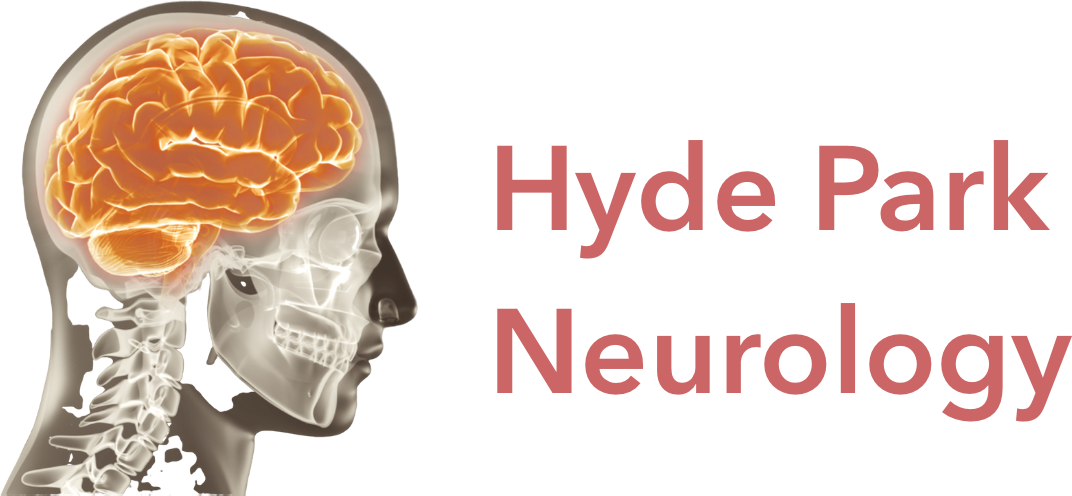Vertigo and Dizziness
Vertigo
Vertigo is a feeling of spinning dizziness (you or the environment) that may be accompanied by nausea, vomiting, imbalance, and may worsen with head movements or motion (BPPV). There can be hearing loss, tinnitus, ear fullness (Meniere disease, vestibular neuronitis), vertigo associated with concussion, or related to structural changes within the inner ear (perilymphatic fistula, semicircular canal dehiscence). A detailed evaluation may pinpoint a cause, and imaging studies (CT scans or MRIs) may be needed for further corroboration. Proper treatments may involve medications or exercises such as Epley Maneuver for BPPV.
Dizziness
Dizziness is often hard to describe as the symptoms can be rather vague. There are various forms (vertigo, disequilibrium, lightheadedness), hence numerous processes (BPPV, strokes, cardiac problems, medications) can contribute to the dizziness. Therefore a detailed description and history, some special maneuvers and a full exam are obtained in the office. Diagnostic tests of the heart, blood vessels and brain may be ordered to determine a cause and the proper treatment to reduce and stop your dizziness. As dizziness remains untreated sometimes feelings of anxiety can also occur and require treatment.
Causes of Dizziness
Drop in blood pressure with position change
Heart muscle disease
Anemia
Hypoglycemia (low blood sugar)
Hypertension
Abnormal heart rhythm (afib, tachycardias)
Dehydration
Concussion
Symptoms after a stroke
